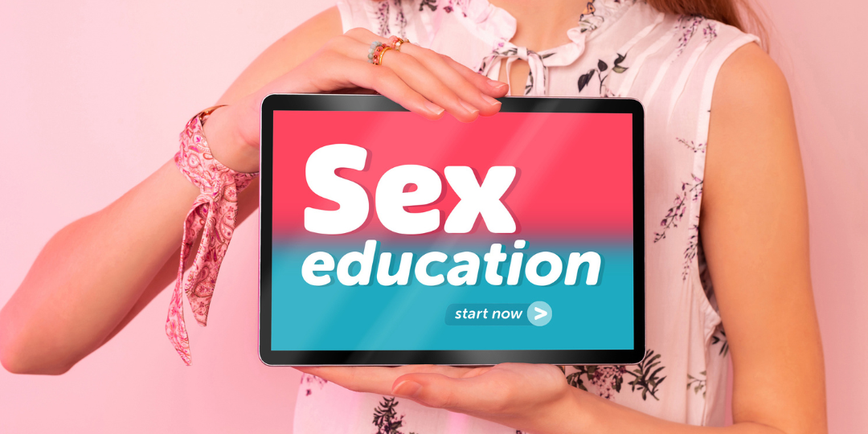
Navigating The Maze: Sex Education On Social Media

Sex Ed's Digital Dilemma
Social media might have a reputation for toxicity, but it's also a lifeline for many seeking sexual health information. Particularly for LGBTQ communities, traditional education systems are often lacking, prompting a turn to digital resources. Yet, educators face the uphill task of dealing with platforms that restrict, ban, or deplatform them with seemingly arbitrary policies.
When the Internet Becomes the Classroom
Despite its flaws, social media is a crucial source of information for younger generations. A McKinsey Health report noted that 38% of Gen Zs turn to these platforms for health information. But the inconsistency in content moderation makes this challenging. Greta Bollmeier of Winx Health pointedly observes, "People aren't learning about sexual health in schools or their daily lives, so the internet fills that gap."
Struggles with Content Moderation
Many educators tailor their content to meet community standards, but the lack of consistency in enforcement presents hurdles. Automated moderation often fails to distinguish between educational content and adult material, causing unwarranted censorship. As Mariah Freya of Beducated puts it, "We rely on digital channels and need to nail our social media game, yet face these unpredictable restrictions."
The Cost of Censorship
The inconsistency in content moderation affects sectors beyond sexual health. For instance, TruPlay, a developer for Christian-themed content, similarly struggles with unjustified bans. These issues highlight the broader challenges that various educational and cultural sectors face in navigating these digital platforms.
Appeals and Accountability
When faced with bans, the appeal process is often murky and slow. Companies like Lovehoney Group recount arduous efforts to get their accounts reinstated, often requiring legal intervention. "Despite repeated outreach, Meta provided no specific details for account bans," shares Verena Singmann from Lovehoney Group. The opacity of these platforms’ policies leaves many creators in limbo.
Creative Strategies and Community Support
Despite these hurdles, content creators are finding creative ways to bypass restrictions, such as using 'algospeak' to dodge algorithmic bans. Community support also plays a critical role, with platforms like Reddit offering a space for collaboration and advice.
The Bigger Picture
Platforms like Instagram and TikTok are now the public squares of information. Inconsistent bans pose significant barriers, particularly in areas like sexual health, where misinformation can have tangible consequences. As Justin Lehmiller of Lovehoney Group notes, "Social media is essential for information sharing, yet its censorship policies hinder access to crucial sexual health knowledge."















